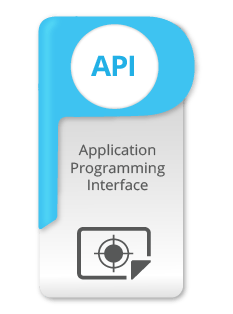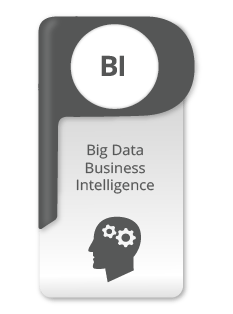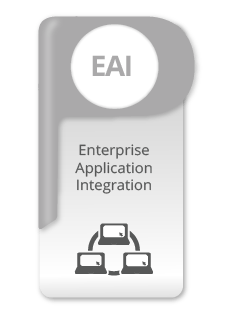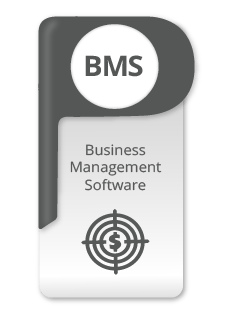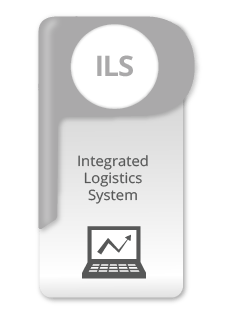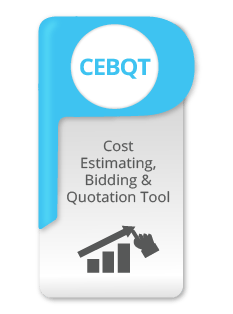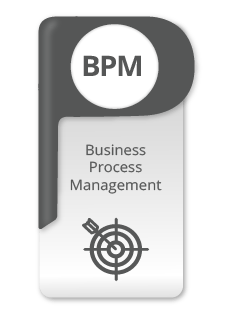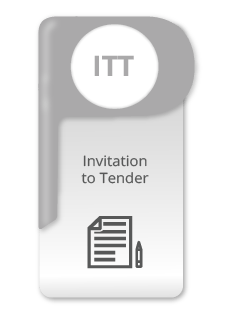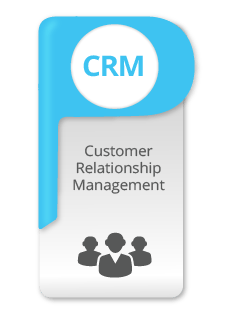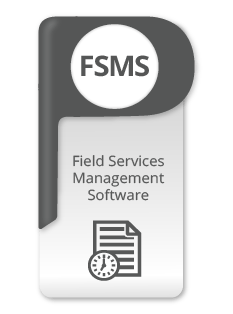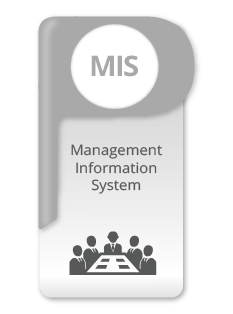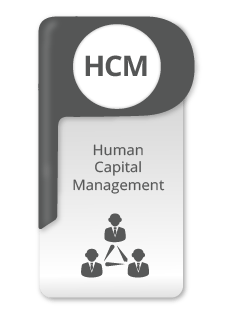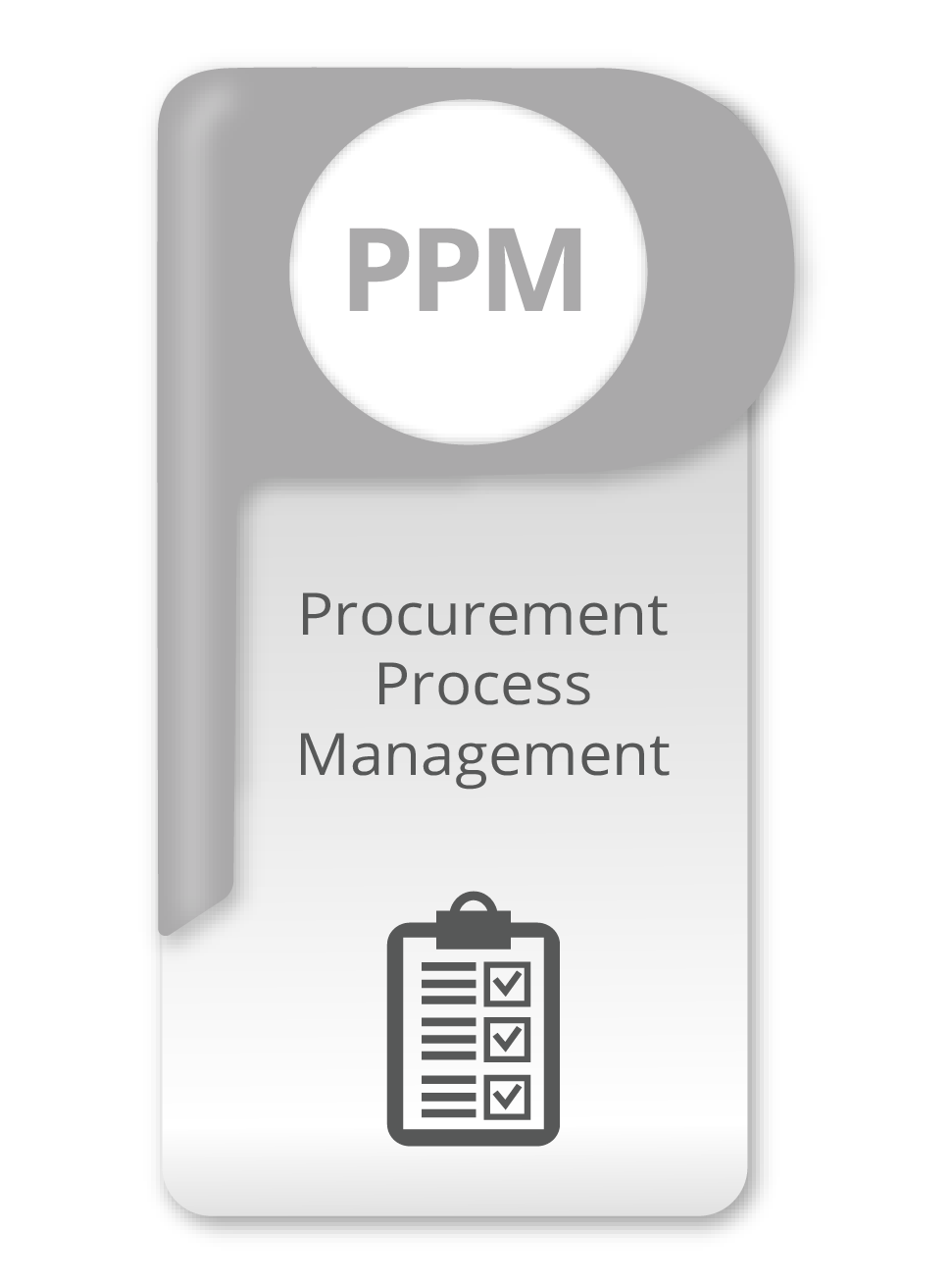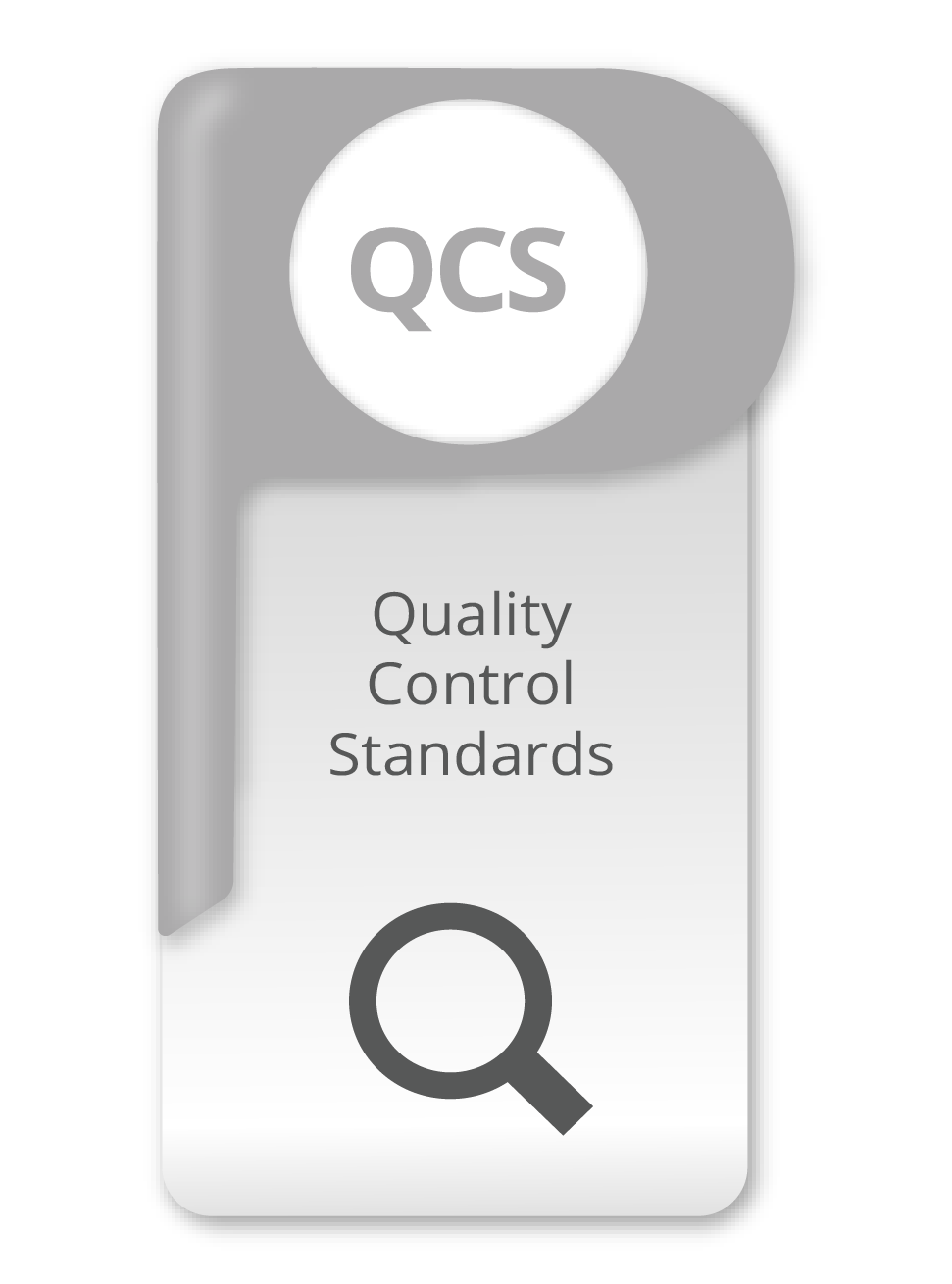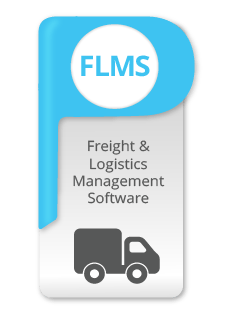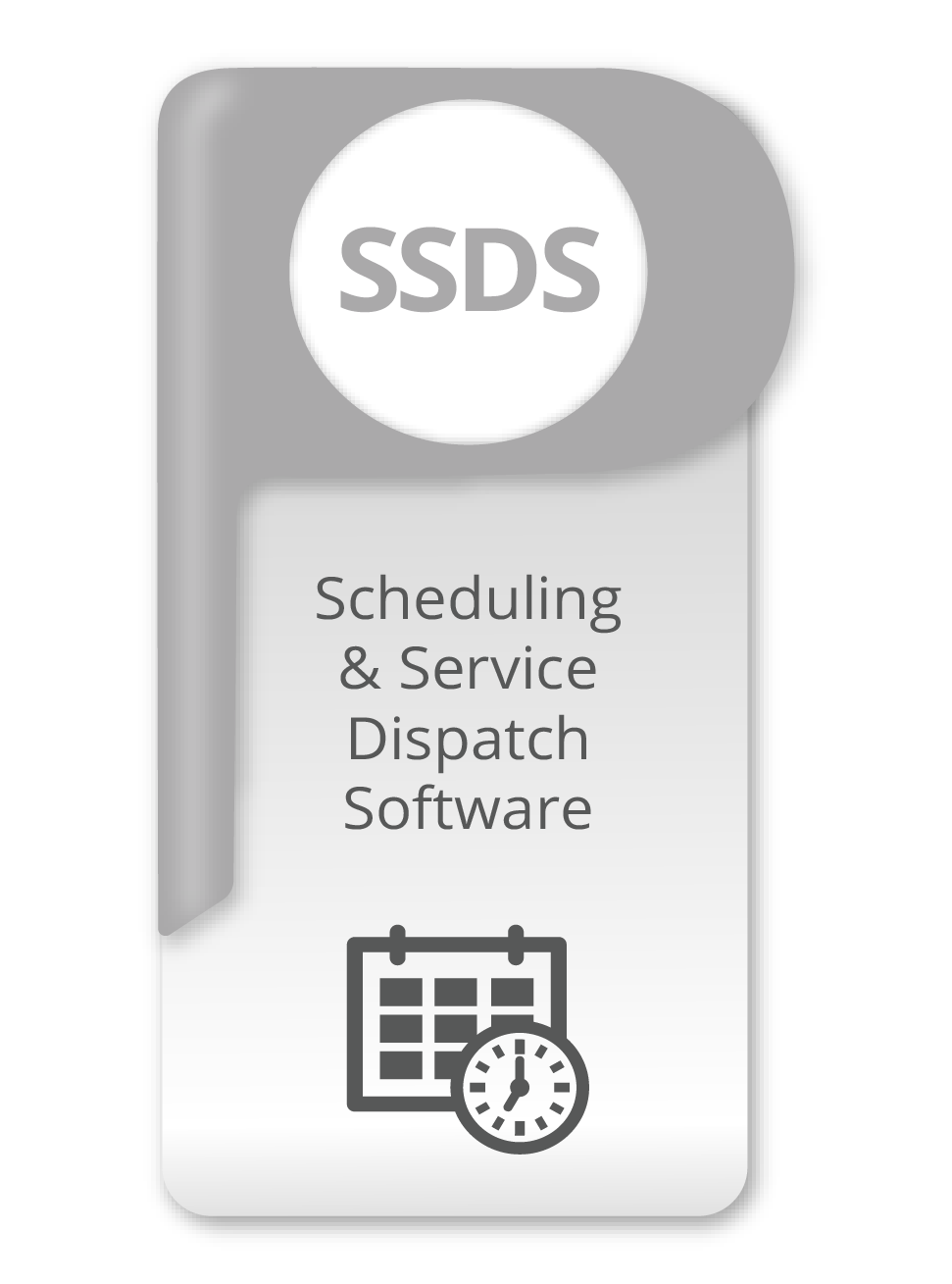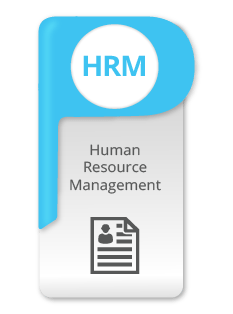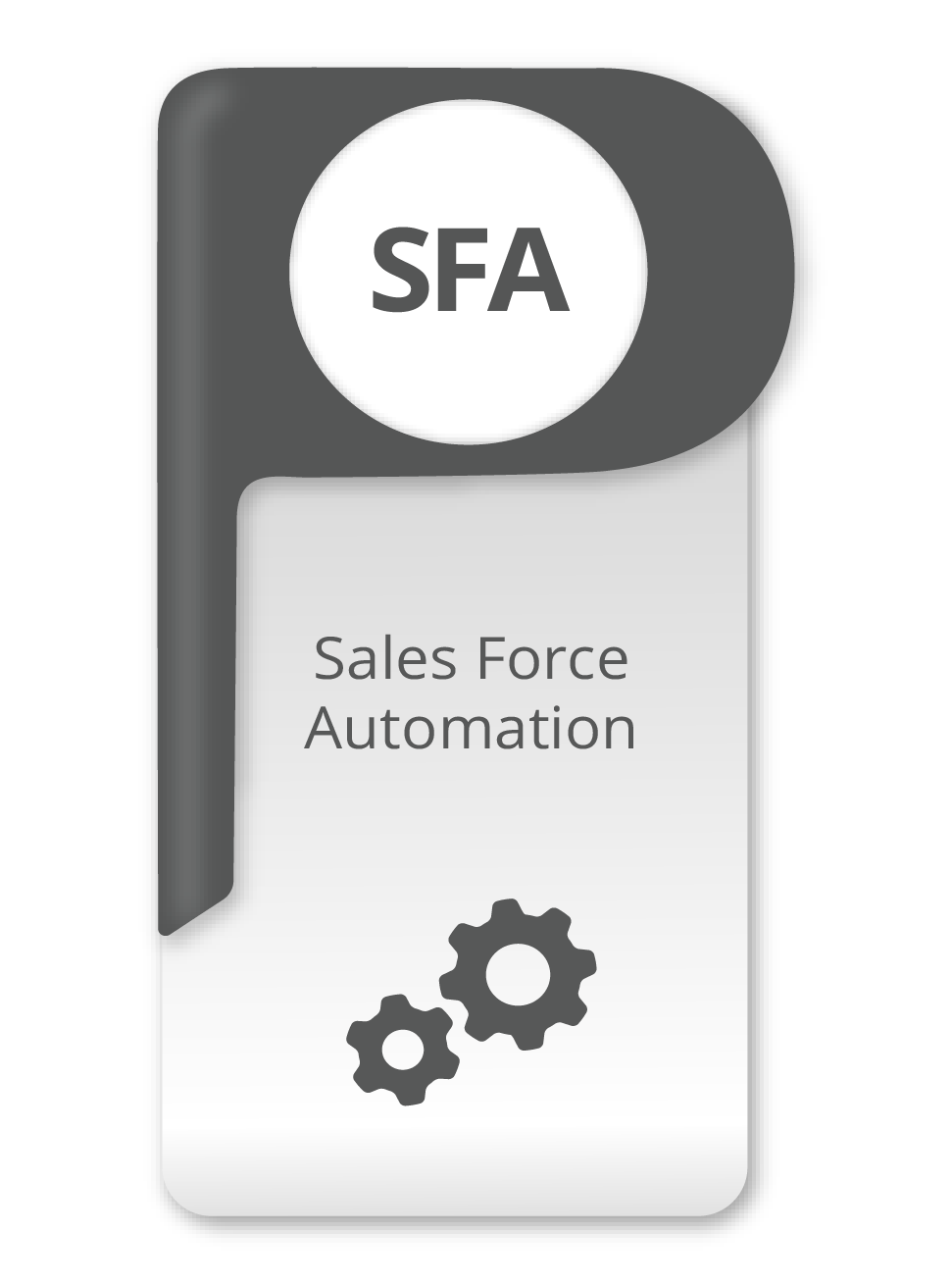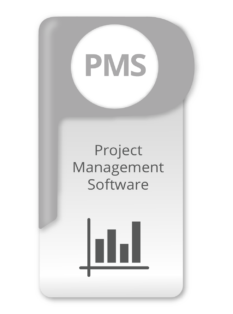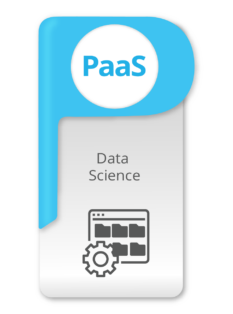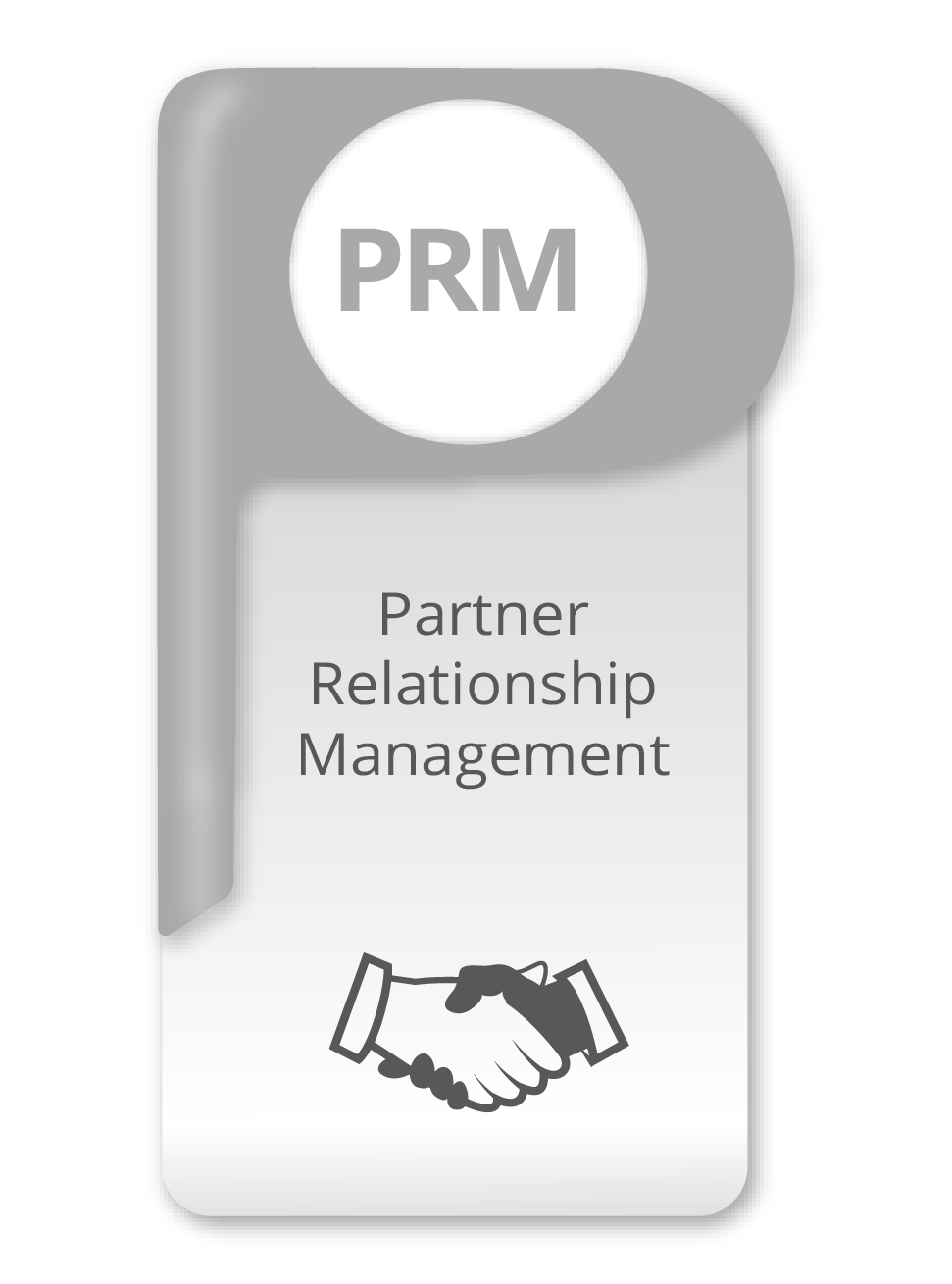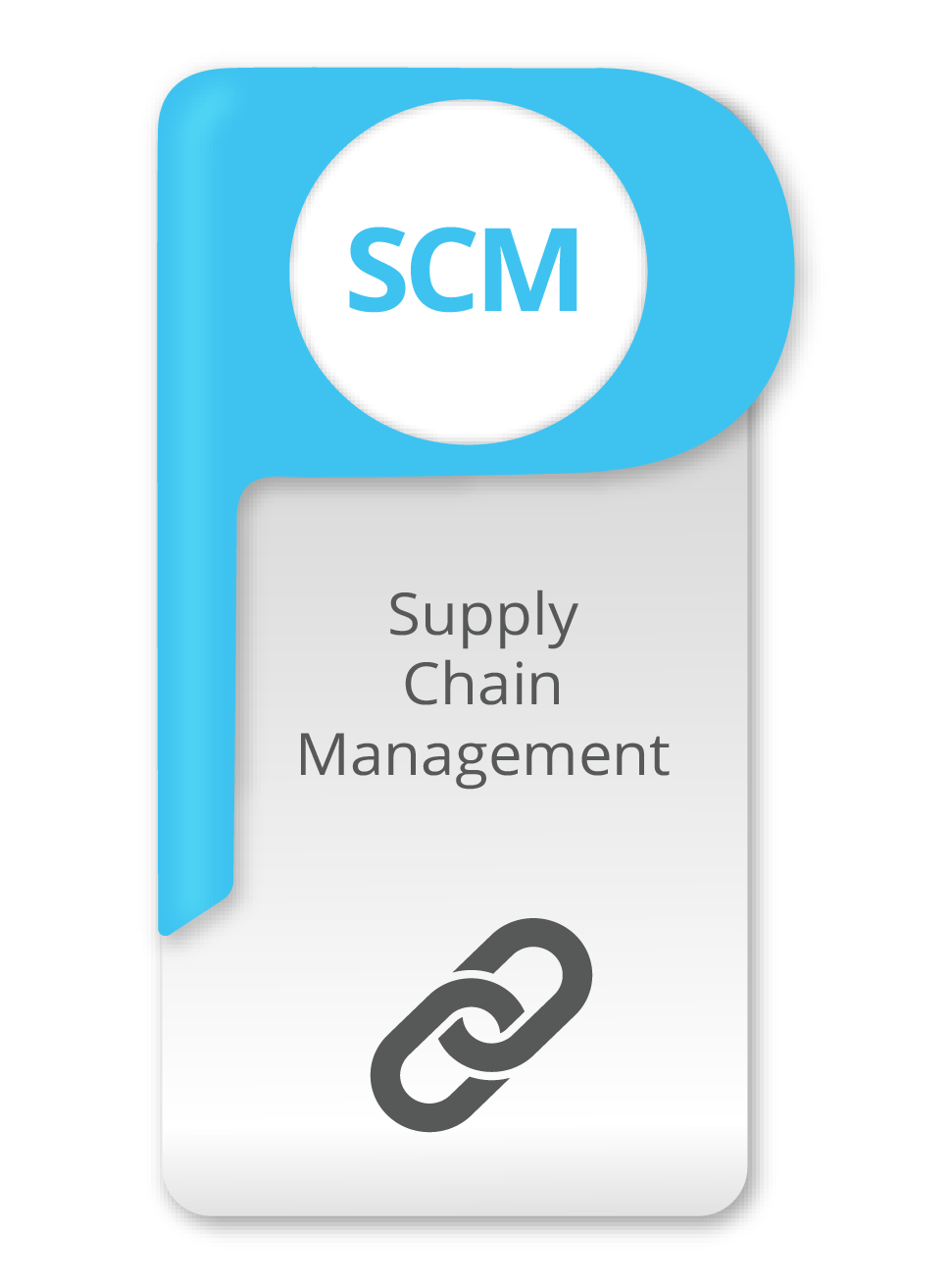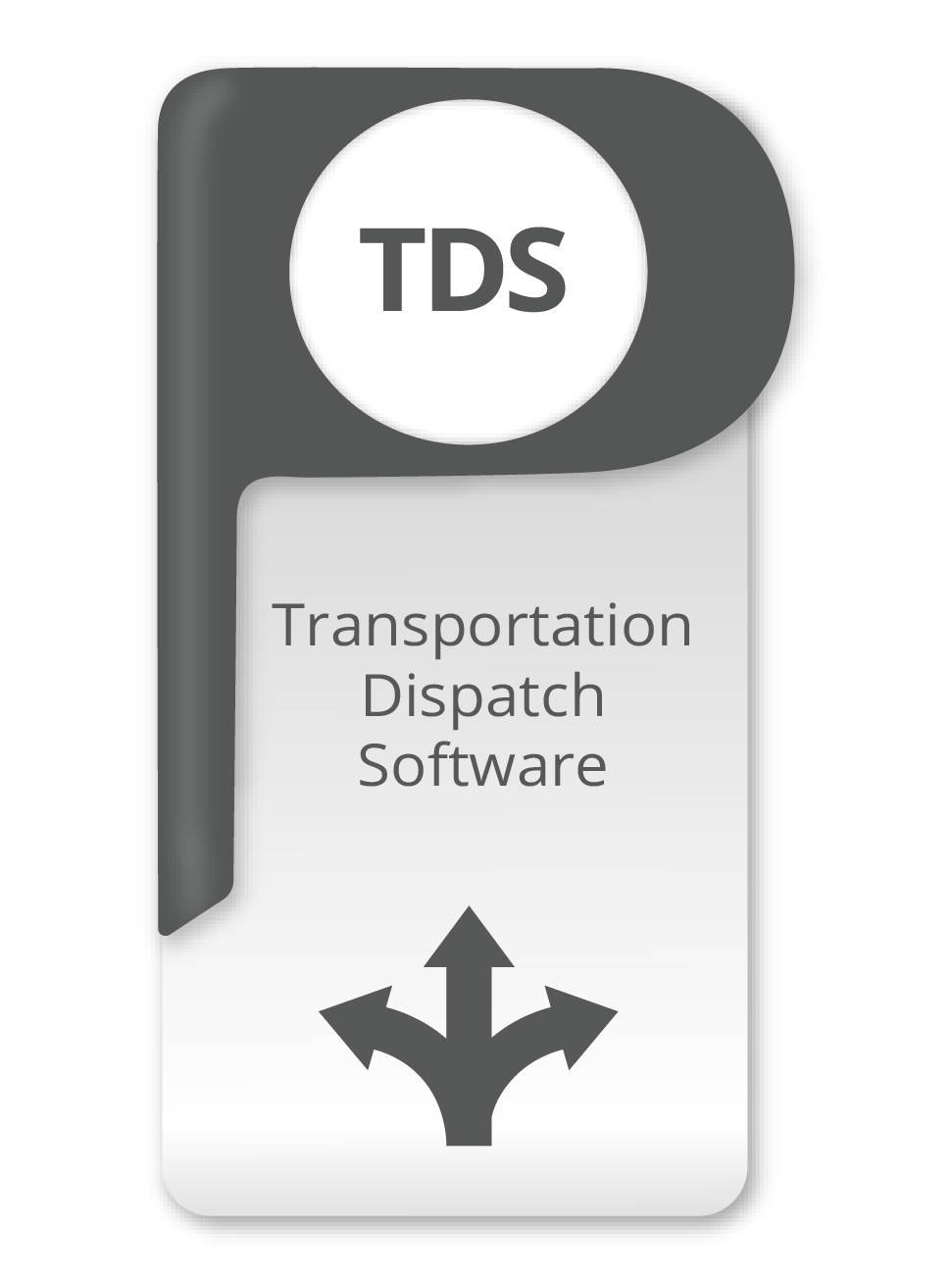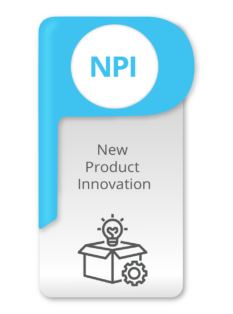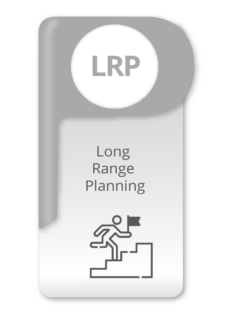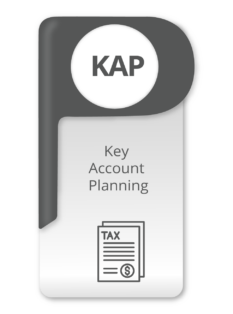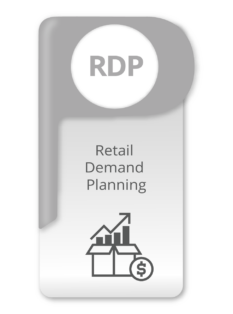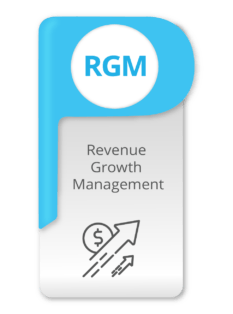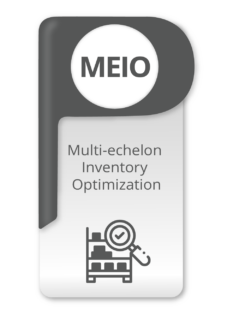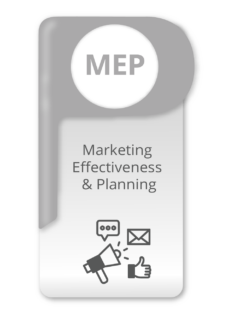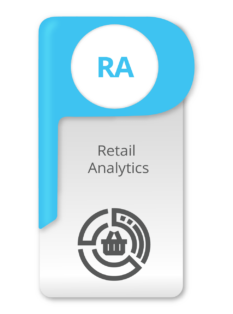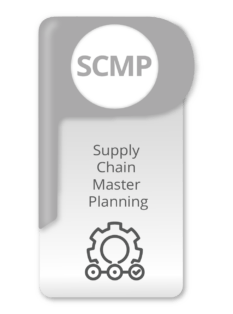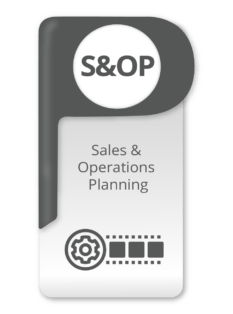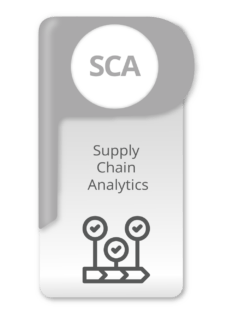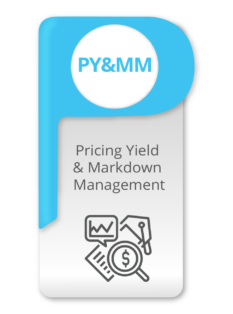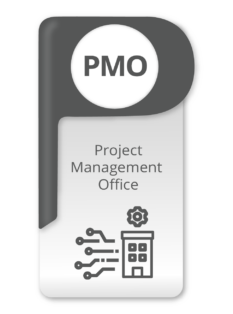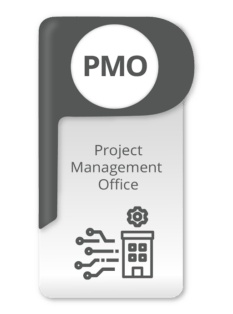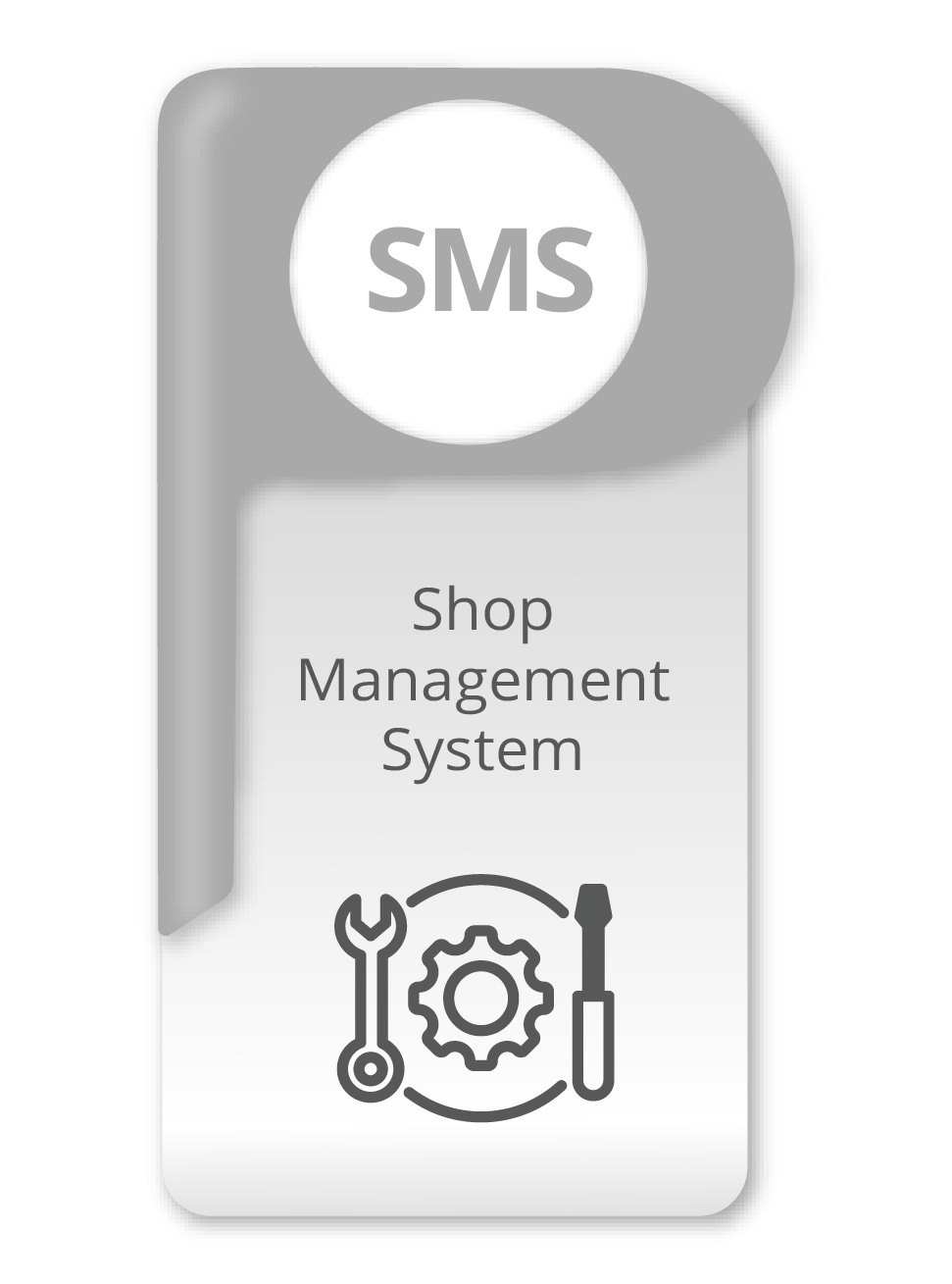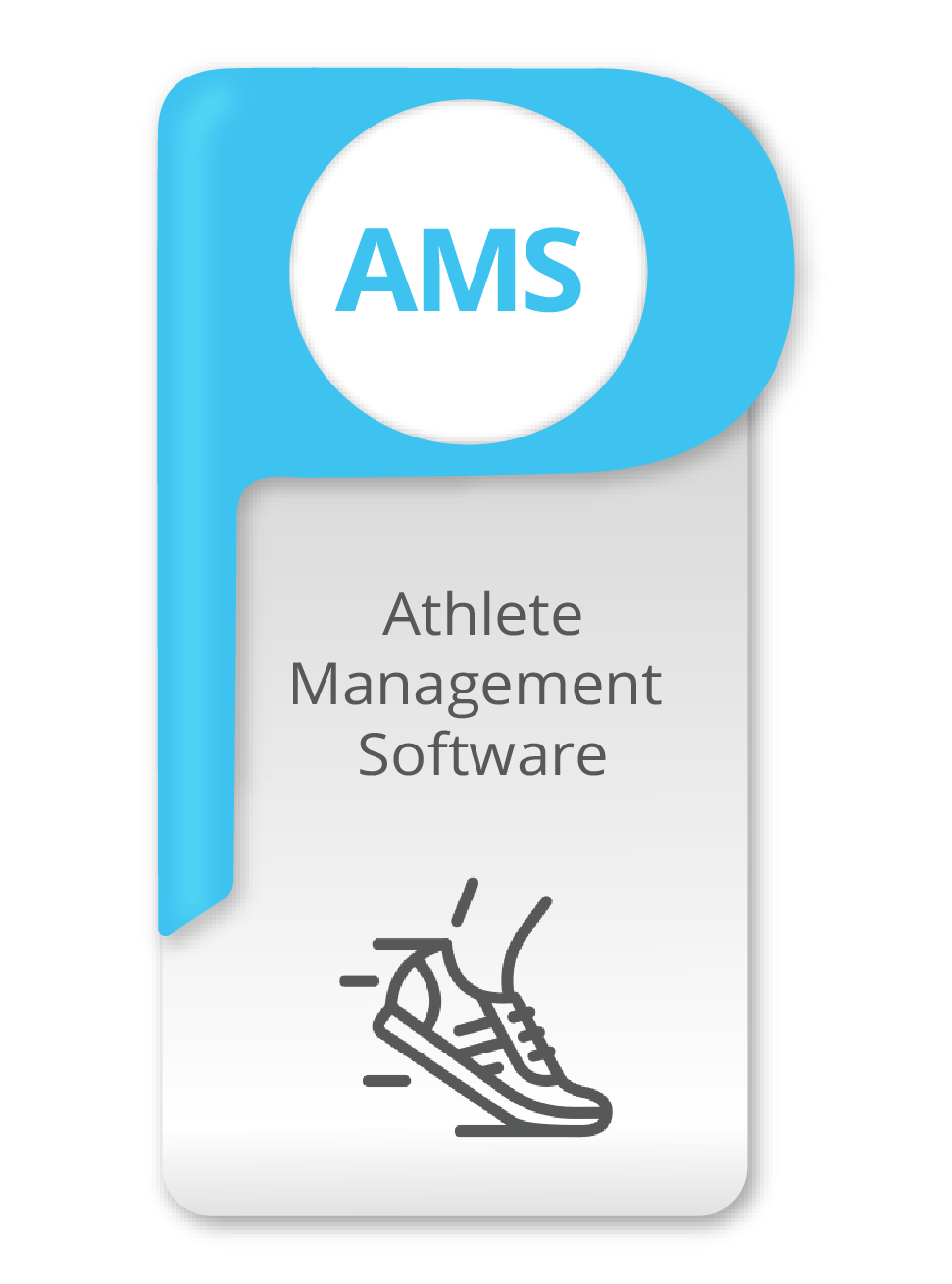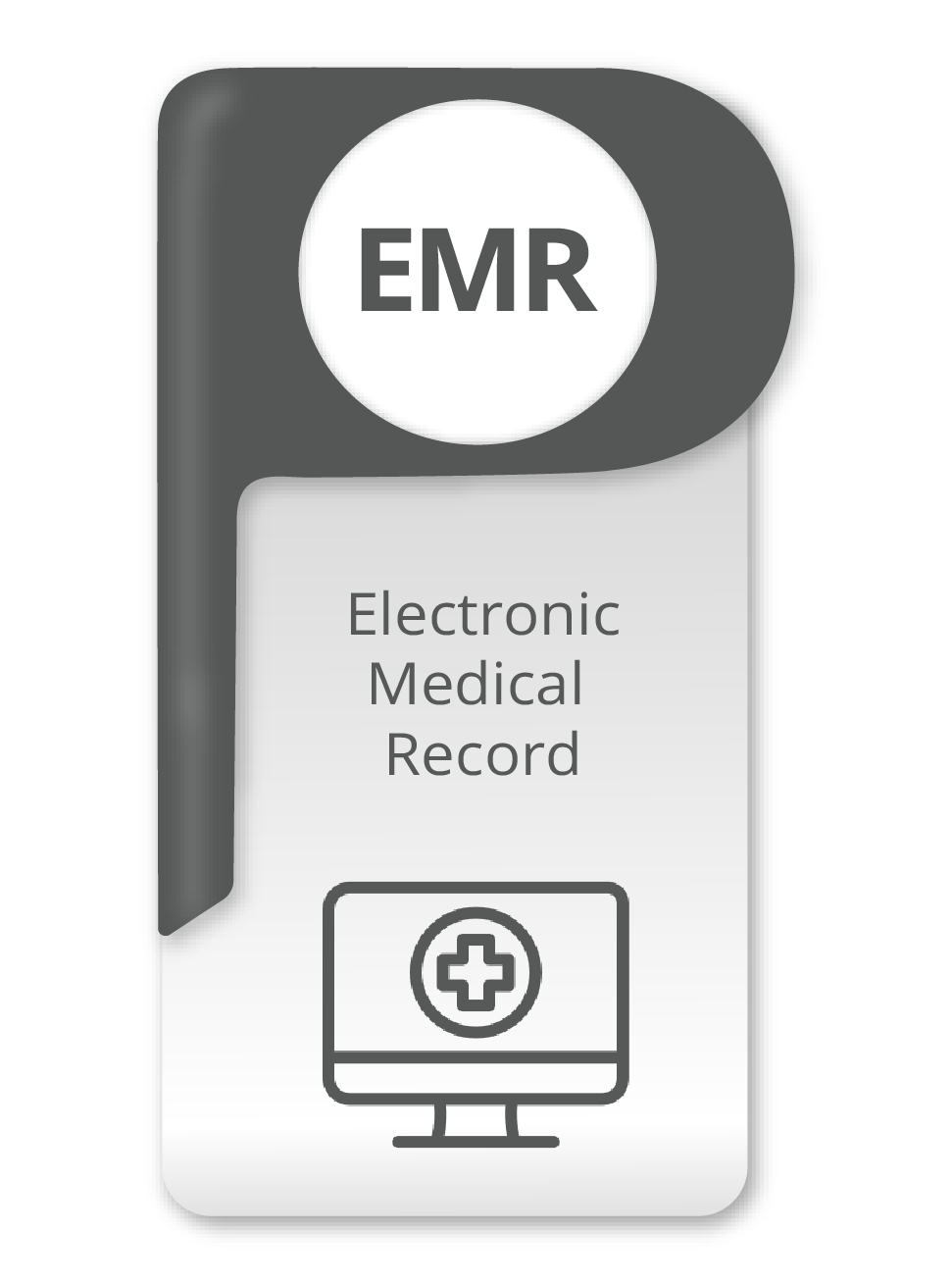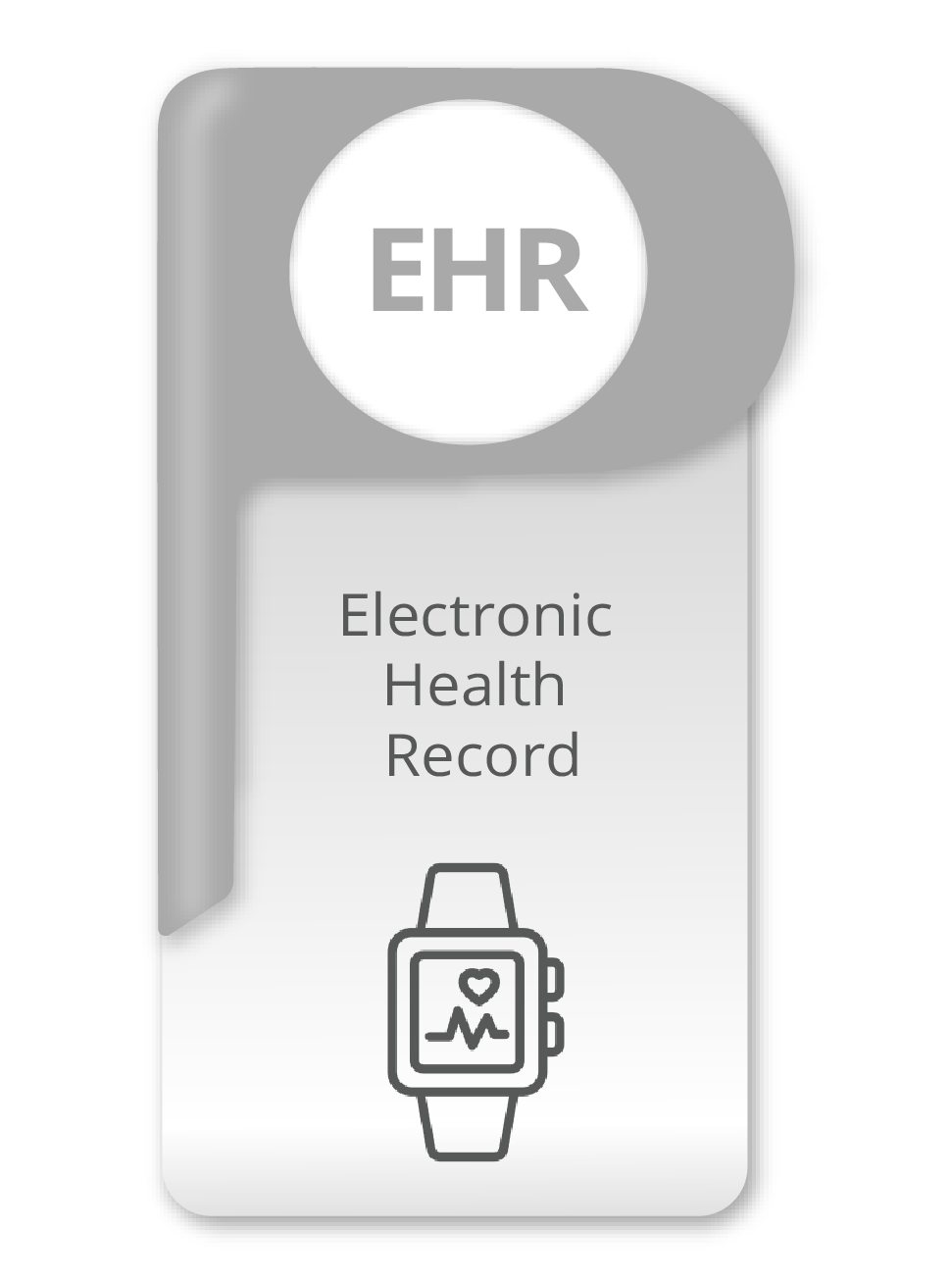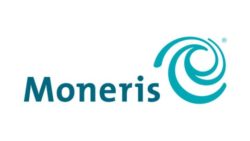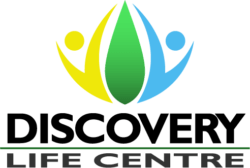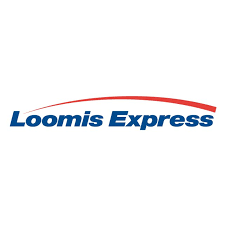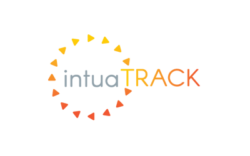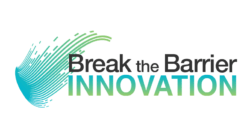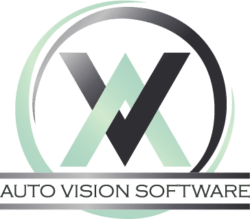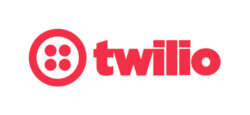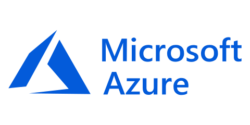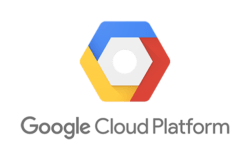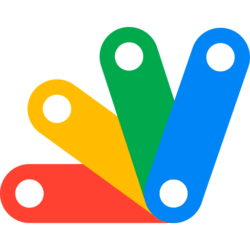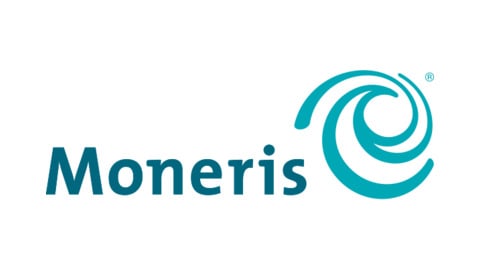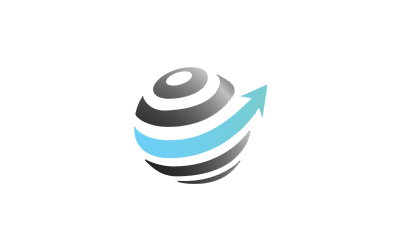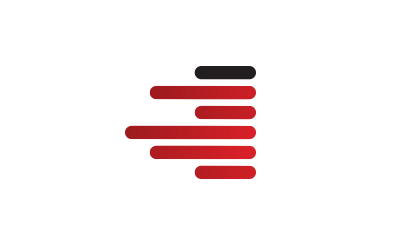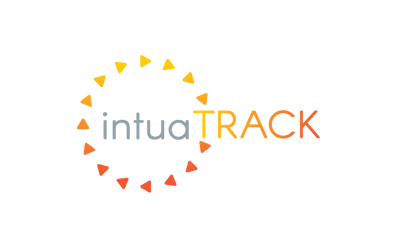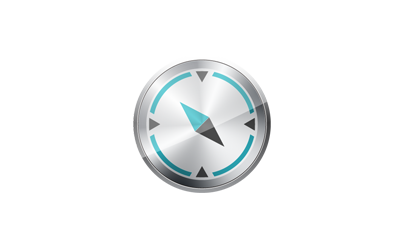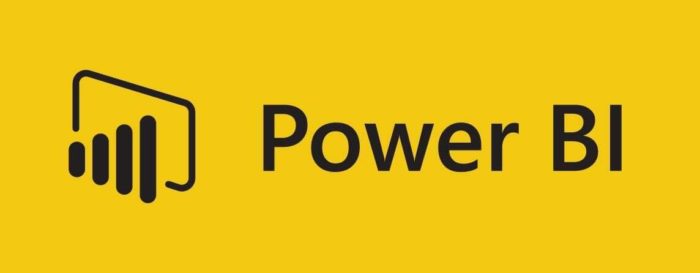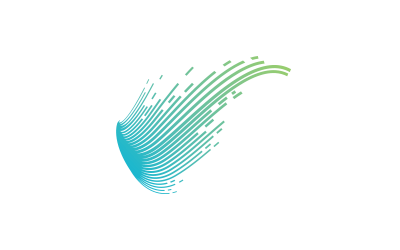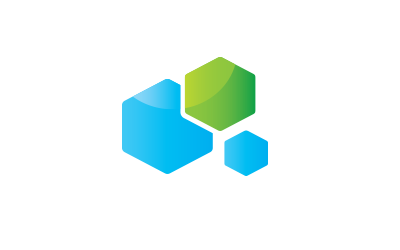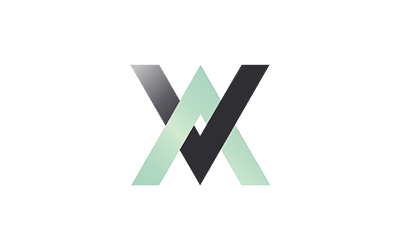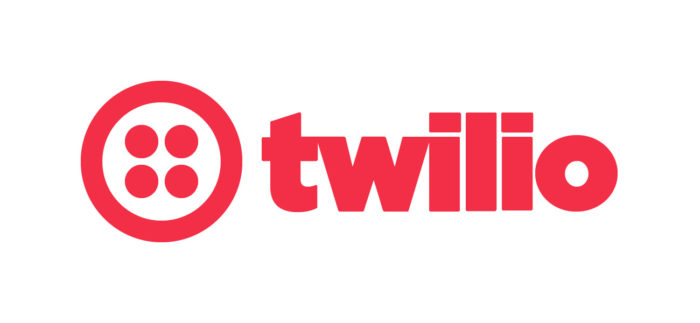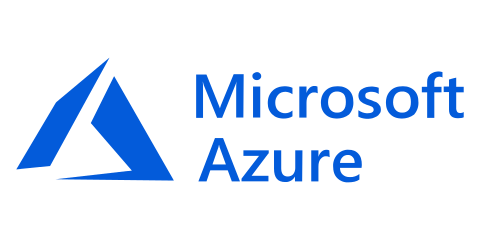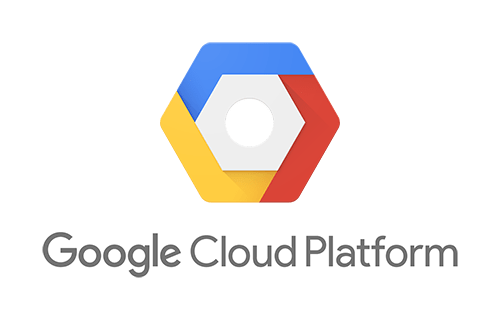Most businesses rely on multiple applications to manage operations, sales, customer relations, and internal workflows. Over time, organizations often accumulate redundant, disconnected, or outdated software, leading to inefficiencies, higher costs, security risks, and poor system performance.
At ROOK Connect, we specialize in Application Rationalization & Integration, ensuring that your business eliminates redundant tools, optimizes its technology ecosystem, and integrates systems for seamless data flow. Our approach simplifies, automates, and enhances your software stack, ensuring that every application works in harmony to improve efficiency, reduce costs, and support business growth.
The Goal:
- Eliminate redundant applications that add cost without value.
- Ensure seamless integration between all critical business systems.
- Streamline data flows to enhance productivity and efficiency.
- Improve system performance while reducing IT complexity.
- Implement AI-powered automation for smarter business processes.
The Business Pain Points We Solve
Many companies struggle with inefficient reporting and poor analytics, preventing them from making informed, data-backed decisions. Here are the key challenges we solve:
Redundant Software Wastes Money
![]()
Problem: Companies often pay for multiple tools that serve the same function, leading to unnecessary costs.

Solution: ROOK Connect analyzes and consolidates software usage, eliminating redundant applications while ensuring optimal functionality at a lower cost.
Lack of Integration Creates Data Silos & Inefficiencies
![]()
Problem: Many systems don’t communicate with each other, causing manual data transfers, inconsistencies, and inefficiencies.

Solution: We implement seamless API integrations, allowing applications to exchange data in real time and ensuring smooth cross-departmental workflows.
Legacy Systems Hinder Growth
![]()
Problem: Businesses often hold onto legacy applications that lack modern features, hurting efficiency and competitiveness.vulnerabilities and compliance risks.

Solution: ROOK Connect modernizes and migrates critical applications, ensuring they remain secure, scalable, and AI-powered.
Software Environments Pose Security Risks
![]()
Problem: Having too many disconnected systems increases security vulnerabilities and compliance risks.

Solution: We ensure secure integration, implementing cybersecurity protocols that protect your data.
Employees Waste Time Switching Platforms
![]()
Problem: When employees use multiple disconnected applications, productivity drops due to constant switching between tools.

Solution: We create centralized, AI-driven platforms that provide a unified interface, reducing workflow friction and enhancing efficiency.
6 Benefits of Software Integration & Optimization
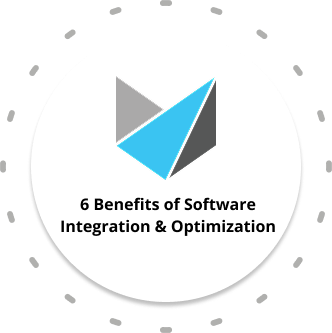






ROOK Connect’s Application Rationalization & Integration Approach
We don’t just eliminate unnecessary software—we enhance connectivity and streamline operations through smart application integration.
Step 1: Software Audit & Rationalization Assessment
We analyze your current software stack to identify redundant, outdated, or underutilized applications.
- Software usage, overlap, and cost analysis.
- Integration gaps between applications.
- Performance, security, and scalability concerns.
- AI-driven automation opportunities.
Step 2: Technology Consolidation & Standardization
We create a streamlined, cost-effective application ecosystem.
- Eliminates duplicate tools and overlapping functions.
- Standardizes workflow processes across all applications.
- Ensures AI-driven efficiency and automation.
Step 3: Seamless Application Integration
We integrate critical business applications for real-time data flow.
- Implement API-based integrations for smooth communication.
- Ensure real-time data synchronization across platforms.
- Automate workflows to reduce manual data entry.
Step 4: AI & Automation Enhancements
We enhance workflows with AI-driven process automation.
- AI-powered task automation to eliminate repetitive work.
- Machine learning algorithms for predictive analytics.
- AI-driven process optimization for increased efficiency.
Step 5: Continuous Optimization & Future Scalability
We ensure that your application environment evolves with your business.
- Scalable systems that grow with business expansion.
- Ongoing AI improvements for smarter workflows.
- Real-time monitoring to identify future optimization opportunities.
Key Benefits of Application Rationalization & Integration
The Goal:
By optimizing and integrating software applications, businesses experience:
- 30-50% reduction in software costs.
- Elimination of redundant tools & inefficient workflows.
- Real-time data synchronization & seamless system communication.
- Faster workflow with AI-powered automation.
- Stronger security & compliance with integrated software environments.
- Enhanced productivity with centralized business systems.
8-Step Application Rationalization & Integration Strategy

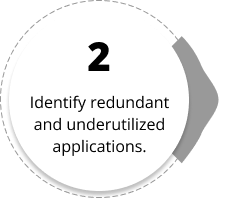
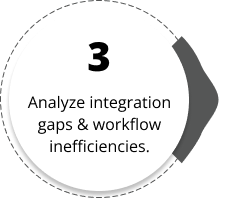
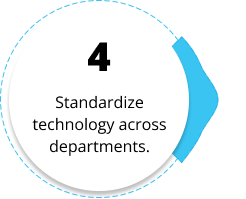
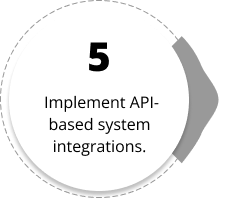
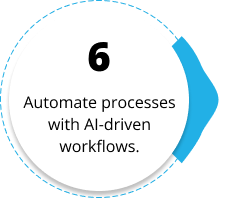
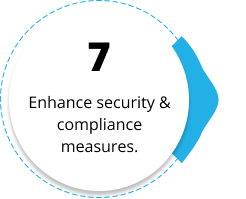
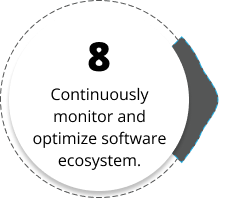
Real-World Success Story: How Software
Integration Transformed a Business
Businesses that replace manual reporting with AI-driven analytics experience:
Customer:
Enterprise Healthcare Organization
Challenge:
The organization relied on 15+ disconnected applications for patient records, billing, scheduling, and compliance, leading to data silos, inefficiencies, and security concerns.
Solution:
ROOK Connect rationalized their software stack, eliminated redundant applications, and integrated core systems into a unified AI-driven platform.
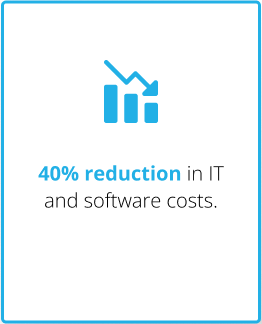
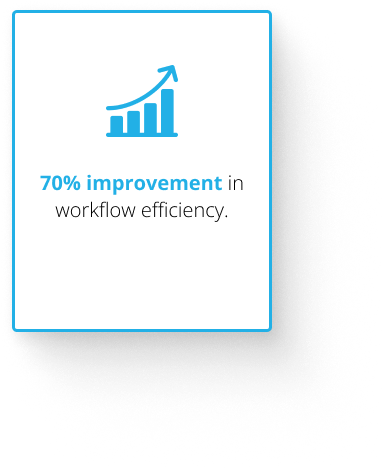
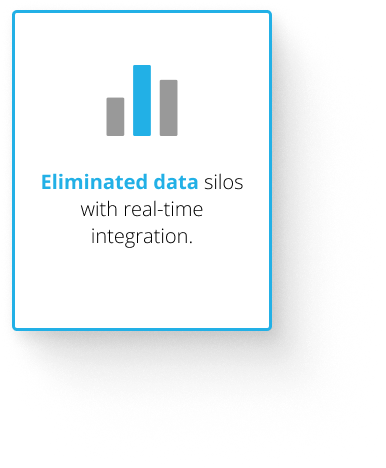
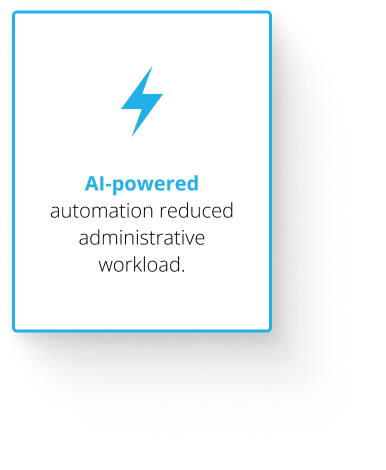
Future-Proof Your Software Ecosystem with ROOK Connect
Too many disconnected applications can slow down business growth and create unnecessary costs. At ROOK Connect, we rationalize and integrate your application ecosystem, ensuring optimized performance, seamless connectivity, and AI-powered automation.
Ready to streamline your software environment? Contact ROOK Connect today to start your Application Rationalization & Integration transformation.
4 Signs Your Business Needs Application Rationalization
Too many overlapping tools
Multiple applications perform the same function.

Data silos poor integration
Systems don’t communicate effectively.

High software costs
Paying for unnecessary licenses.

Slow processes inefficiencies
Employees switch between too many platforms.


